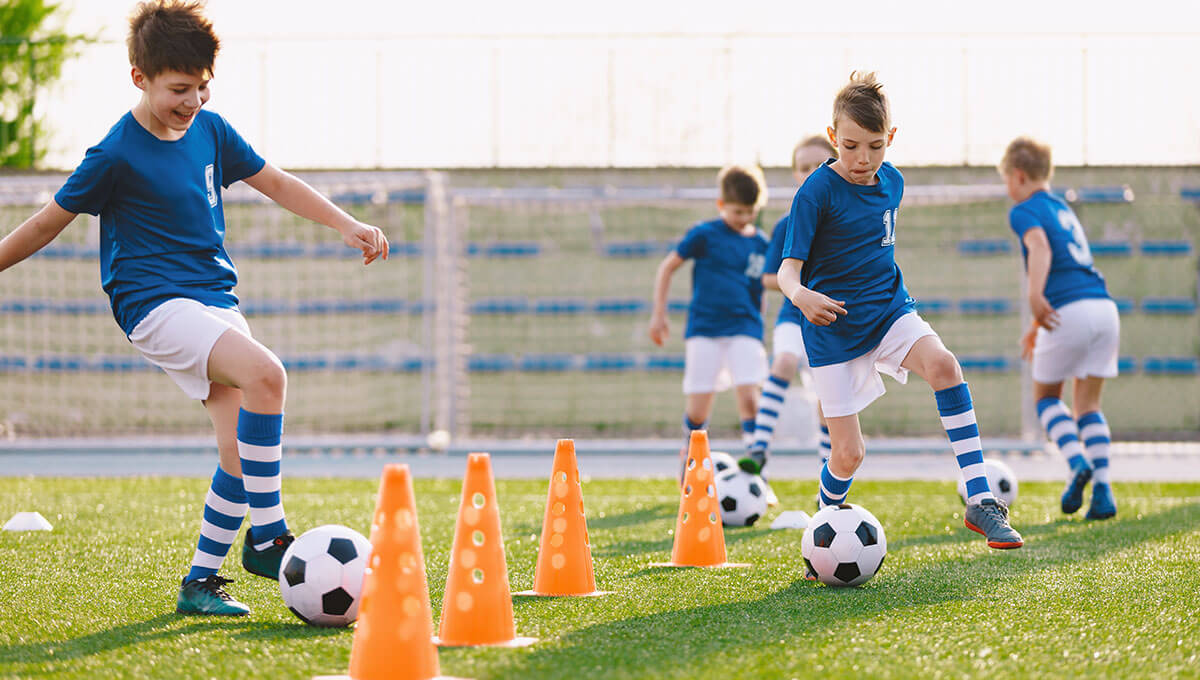
At what time of day is training most effective?

Sport has a number of valuable health benefits for children and adults alike. However, children often prove resistant to exercise. How to encourage your kids to be physically active? How to prepare workouts for children?
It is difficult to pinpoint one specific reason for this. In many cases, children are forced to follow their parents' passions - in the case of the youngest children, it should be remembered that not every form of physical activity will arouse interest in them. Then the child treats training as an unpleasant chore, which can certainly discourage him/her from sport for a very long time.
Another common reason is simply too many workouts and extracurricular activities. Children, just like adults, need free time exclusively for themselves and their own needs. After a few hours at nursery, kindergarten or school, children can become exhausted, and the next obligation in the form of physical activity can be simply overwhelming. It is therefore worth ensuring that your child's weekly schedule includes sufficient rest and the opportunity to take care of their own matters.
The last and, unfortunately, very popular reason why children show aversion to sport is insecurity. Being overweight, being in poor shape, not having the right clothes to exercise in - all of these can cause children to be reluctant to engage in physical activity with their peers.
Although this may seem like a challenge, it is actually important to take the right approach. It's important to talk to your child and find out what he/she wants, because he/she hasn't been exposed to physical activity before. That's why it's the parent's job to introduce the child to different sports - some children will be fulfilled by football training, others by swimming in the pool, and others by cycling trips or matches of tennis or table tennis.
Interest in training is of course an extremely important issue, which plays a very big role for children in terms of motivation. Parents should inspire their children to physical activity (e.g. by helping them to do some exercises or by training together), appreciate them for the achieved results and help them to organise their time (e.g. by driving them to a sports club after school). In addition, it is worth taking your own children to e.g. a match or a professional competition, so that they can feel the atmosphere of the event and experience the emotions accompanying the struggles of the players.
Parents should not exert pressure - too much pressure can quickly become discouraging and even cause the child's fitness to deteriorate. It is worth avoiding unfounded criticism and nitpicking. Catching important mistakes, e.g. in exercise technique, is perfectly justified, but commenting on every mistake is completely unnecessary and will not do any good.
The information below is required for social login
Sign In
Create New Account